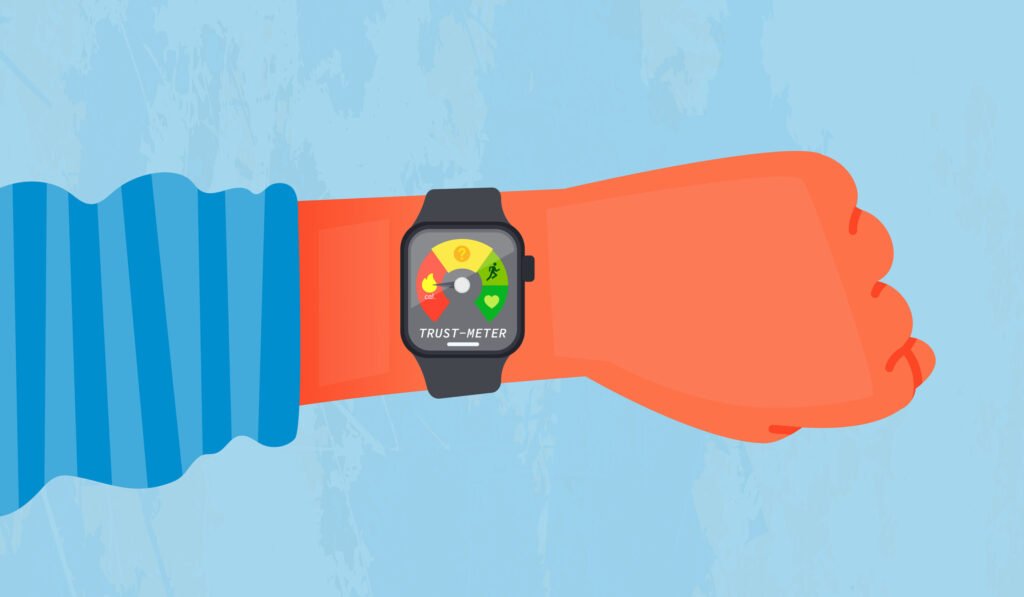Wearable technology has become increasingly popular in recent years, with many Americans relying on devices like the Apple Watch to track their fitness goals. However, a recent study conducted by University of Mississippi professor Minsoo Kang and doctoral student Ju-Pil Choe has raised questions about the accuracy of these devices.
The researchers reviewed 56 studies that compared the Apple Watch to trusted reference tools in measuring energy burned, heart rate, and step counts. The results showed that while Apple Watches are generally accurate when measuring heart rate and step counts, they are less reliable when it comes to measuring energy expenditure. This inaccuracy was consistent across different age groups, health statuses, Apple Watch versions, and types of physical activities.
The study suggests that while wearable devices like the Apple Watch can be useful tools for tracking basic activity and staying motivated, they should not replace clinical tools or medical judgment. Users should consider the data provided by these devices as a helpful guide rather than as completely accurate information, especially when it comes to calorie tracking.
The researchers noted that newer models of wearable devices tend to be more accurate, indicating that manufacturers are continuously refining the technology over time. Kang and Choe hope that their study will help consumers make more informed choices about buying and using wearable devices, as well as provide valuable feedback to developers for improving the technology.
The study, published in the journal Physiological Measurement, provides insights into the strengths and weaknesses of wearable devices in monitoring health metrics. By identifying areas for improvement, the research aims to guide the development of more accurate sensors and algorithms for future wearable devices.
Overall, while wearable technology can be a useful tool for tracking fitness goals and staying motivated, users should be cautious about relying too heavily on the data provided by these devices. By understanding the limitations of wearable technology, individuals can make more informed decisions about their health and fitness tracking.


